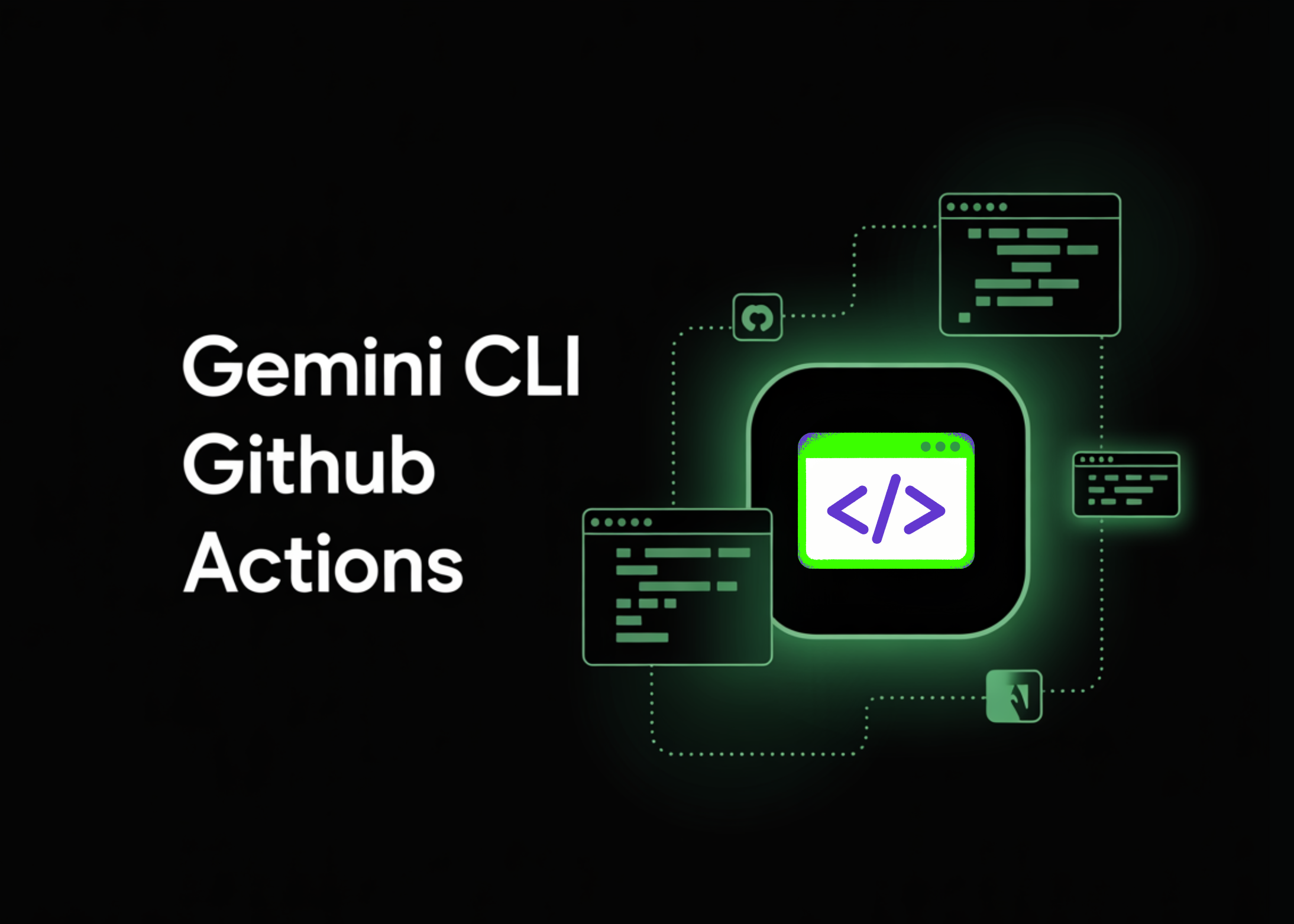How do devs integrate coding capabilities directly into their GitHub repositories? Google has recently introduced Gemini CLI GitHub Actions, a new way for developers to integrate Gemini’s AI coding capabilities directly into their GitHub repositories. Built on top of GitHub’s workflow automation framework, this Google’s new release turns Gemini from a terminal-only coding assistant into a collaborative teammate that participates in issue triage, pull request reviews, and repository maintenance.
But how is it different from Microsoft’s GitHub Copilot? Unlike Microsoft’s GitHub Copilot features, which require paid subscriptions for advanced functionality, Google’s integration is available at no cost. This really helps open-source devs, small teams, and enterprises that want to embed AI into their workflows without additional licensing overhead.
From Terminal to Repository Integration
Google first released Gemini CLI earlier this year as a command-line interface that connected developers directly to the Gemini 2.5 Pro model. With a one-million-token context window, built-in tools, and open-source licensing, Gemini CLI was designed for local, developer-focused workflows.
The new GitHub Actions integration extends those capabilities to collaborative environments. Instead of operating only on a developer’s machine, Gemini can now participate in repository-level automation action, where it assists teams during code reviews, issue management, and continuous integration processes, saving hours of time for dev and helps in faster code deployment.
Core Capabilities
Gemini CLI GitHub Actions comes with three key use cases:
- Automated Issue Triage
New issues are automatically labeled, categorized, and prioritized. This reduces the time dev maintainers spend manually managing backlogs and helps teams focus on critical bugs or features. - AI-Powered Pull Request Reviews
Every new pull request can be reviewed by Gemini before real human dev reviewers. The system checks code for style adherence, potential bugs, and correctness. This allows human dev maintainers to focus on design-level concerns rather than surface-level errors. Saving a lot of time and effort! - On-Demand Collaboration via Commands
Developers can interact with Gemini directly in GitHub comments. By mentioning@gemini-cliand issuing commands such as/review,/triage, or/write-tests, they can trigger specific actions. This makes Gemini act like a conversational collaborator inside the repository just like how devs interact with each other inside Slack or JIRA.
Setup and Configuration
Integrating Gemini CLI GitHub Actions is very straightforward. Developers need Gemini CLI version 0.1.18 or higher. Running the command /setup-github inside the CLI scaffolds the necessary workflow files under .github/workflows and ensures configuration settings are properly managed.
For authentication, Google provides two methods:
- API Key Authentication: Developers can store a
GEMINI_API_KEYin GitHub Secrets. This method is simple and sufficient for most individual and team projects. - Workload Identity Federation (WIF): For enterprise users, WIF provides a more secure option by replacing long-lived credentials with short-lived, federated tokens. This approach aligns with modern security best practices for CI/CD pipelines.
Gemini’s behavior can be further customized using a GEMINI.md file placed in the repository. This file can contain coding guidelines, documentation links, or project-specific rules. The AI model then uses this context to tailor its reviews and responses.
Security Model
But apart from all these cool benefits of Gemini CLI GitHub Actions, the question is how secure it is? The commands executed by the model are run in isolated environments since the system supports multiple sandboxing technologies—Docker, Podman, and macOS Seatbelt.
Additionally, since version 0.1.14 of Gemini CLI, all executions are logged for auditability. Any commands flagged as unusual or potentially unsafe require explicit developer confirmation before execution. For production environments, Google strongly recommends using WIF authentication to avoid risks associated with static API keys.
Example Workflow
The following minimal YAML configuration enables Gemini to automatically review pull requests. This workflow ensures that every new or updated pull request is analyzed by Gemini before merging, providing consistent automated review across the repository.
name: Gemini Pull Request Review
on:
pull_request:
types: [opened, synchronize]
jobs:
gemini-review:
runs-on: ubuntu-latest
steps:
- uses: actions/checkout@v4
- uses: google-github-actions/run-gemini-cli@v0.1
with:
args: review --files .
env:
GEMINI_API_KEY: ${{ secrets.GEMINI_API_KEY }}
Summary
Gemini CLI GitHub Actions represents a significant step in Google’s effort to embed AI into collaborative software development. By combining free access, flexible configuration, and strong security practices, the release lowers the barrier for teams to experiment with AI-driven automation inside their repositories.
The post Google Brings Gemini CLI to GitHub Actions: Secure, Free, and Enterprise-Ready AI Integration appeared first on MarkTechPost.



